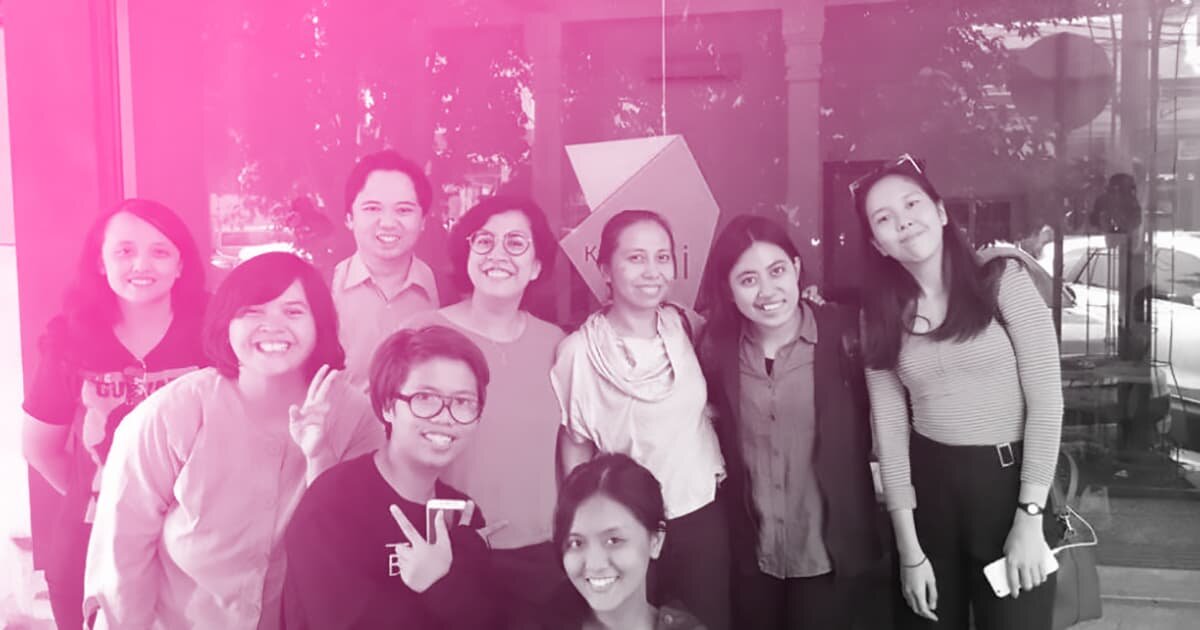Our access, diversity, and inclusivity goals
Help us build the media community that we can all be a part of.
We're two Asian guys who’ve lucked out on the rare opportunity to build a business that we're proud of. Sure, we've worked hard at this, but we've also benefitted from a big portion of luck and the goodwill of so many people who've believed in us, partnered with us, or cheered us from the sidelines.
We both live in Singapore. We're roughly the same age. We both speak English. We both come from media backgrounds. We both have similar views about media. And, as you can tell, we have huge blindspots. So that's why we're doing this.
This access and inclusivity policy reflects the generosity of others who have given us a seat at the table — and what we want to do in helping others find theirs.
We believe that too often, especially in this industry, people who don't look the part, who don't do well in interviews, who don't go to the right schools, who aren't old enough or young enough, or not experienced enough, end up forgotten.
If you're seeing the same people on stage — same gender, same ethnicity, same nationality, same age group — that's because the organisers aren't trying hard enough.
We know diversity and access and inclusion are possible. We've done it with our events. But we have much further to go.
A newsroom that has diversity at its roots, in the way it’s built and its output, has a better chance of understanding and serving its audience — and building a viable business.
Events are how we showcase our view of what's out there in this great media ecosystem. We believe it's our responsibility to…
Stand up for access and inclusivity in this industry so that journalism isn't about one race, one nationality, one gender, one clique, or group.
Make sure that we reflect that in the people we invite on stage.
Make sure that we're not giving moderating and speaking responsibilities to visual minorities because it's the easy thing to do — but because we know they are supremely qualified for the role.
Ensure that people from underrepresented backgrounds aren't present only to discuss their identity. In other words, let's talk to a female cofounder about being a cofounder, not only about being a woman.
Drive the message that all-female, or all-male panels are equally flawed, because diversity isn't just about gender, race, language, religion, or sexual preference, but about the profound need for diversity of knowledge, opinion, and point of view.
Find ways to showcase people who aren't English speakers.
Create budgets that set aside financial support for people who would benefit from our event, but can't afford it, or simply can't execute a payment because of technical problems.
Make sure that our social media presence reflects the diversity of faces and experience that we seek.
Always provide a way for people to give us feedback — and hold us accountable — on these goals.
What are we missing? Help us build the media community that we can all be a part of.
















